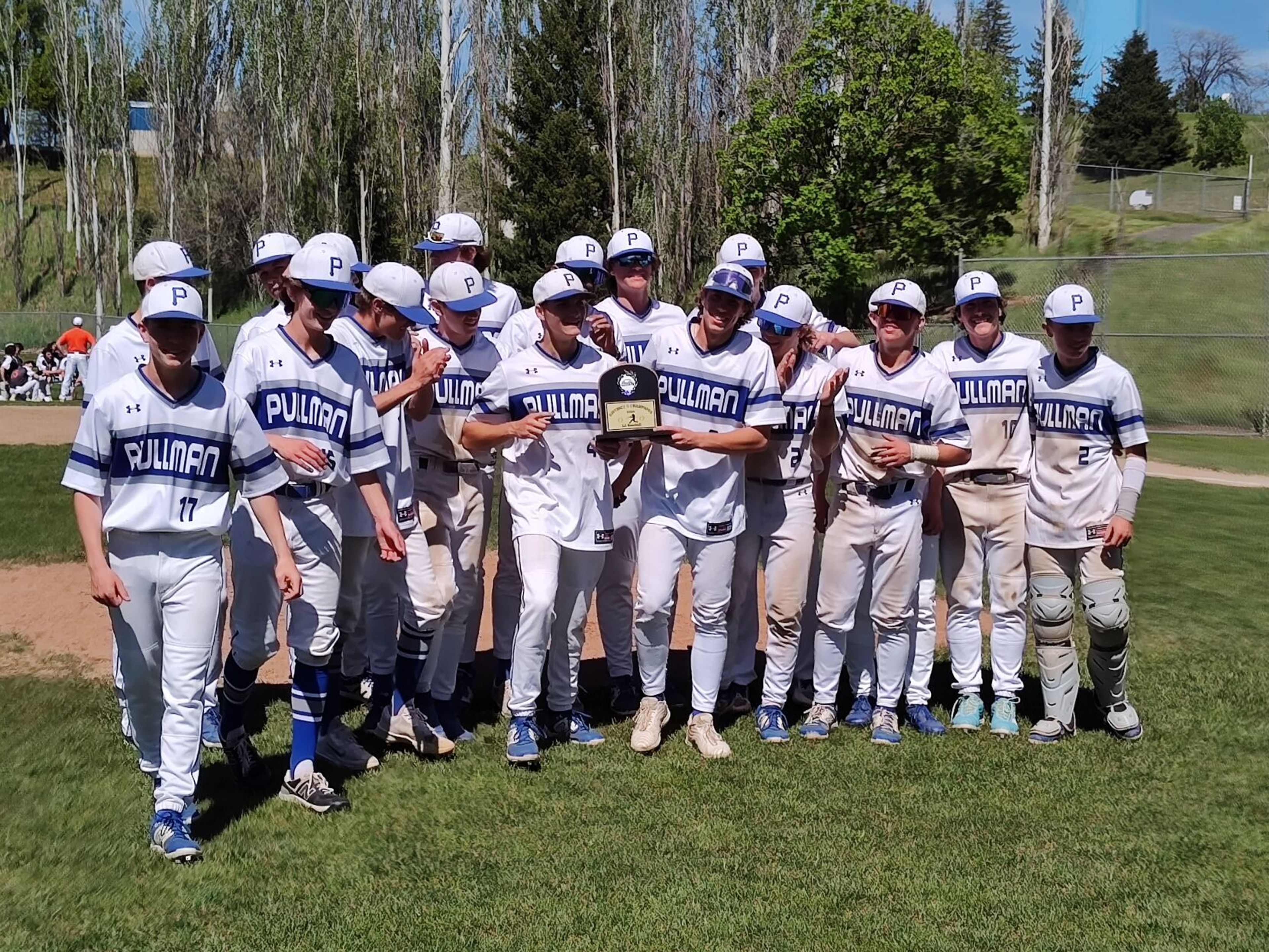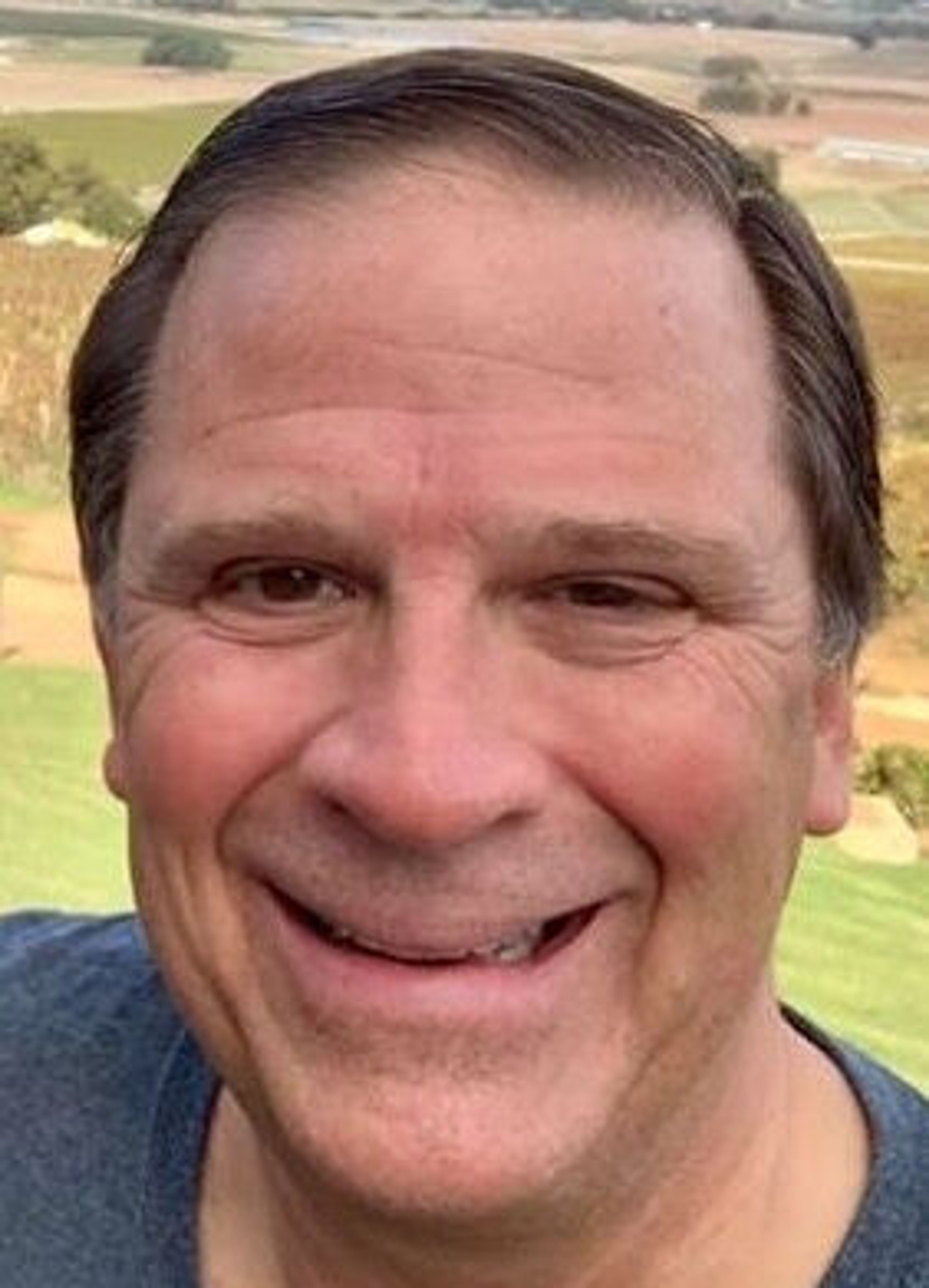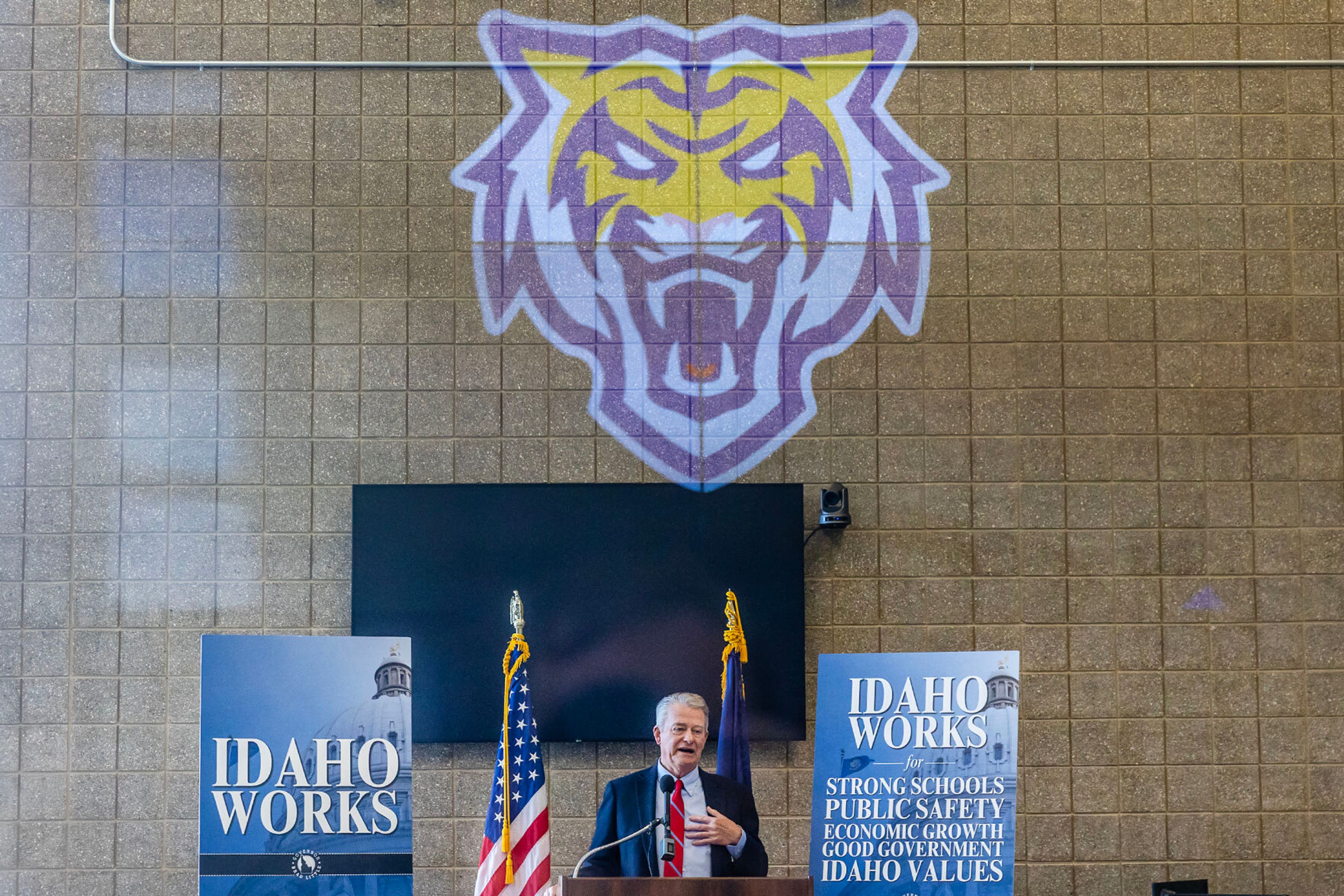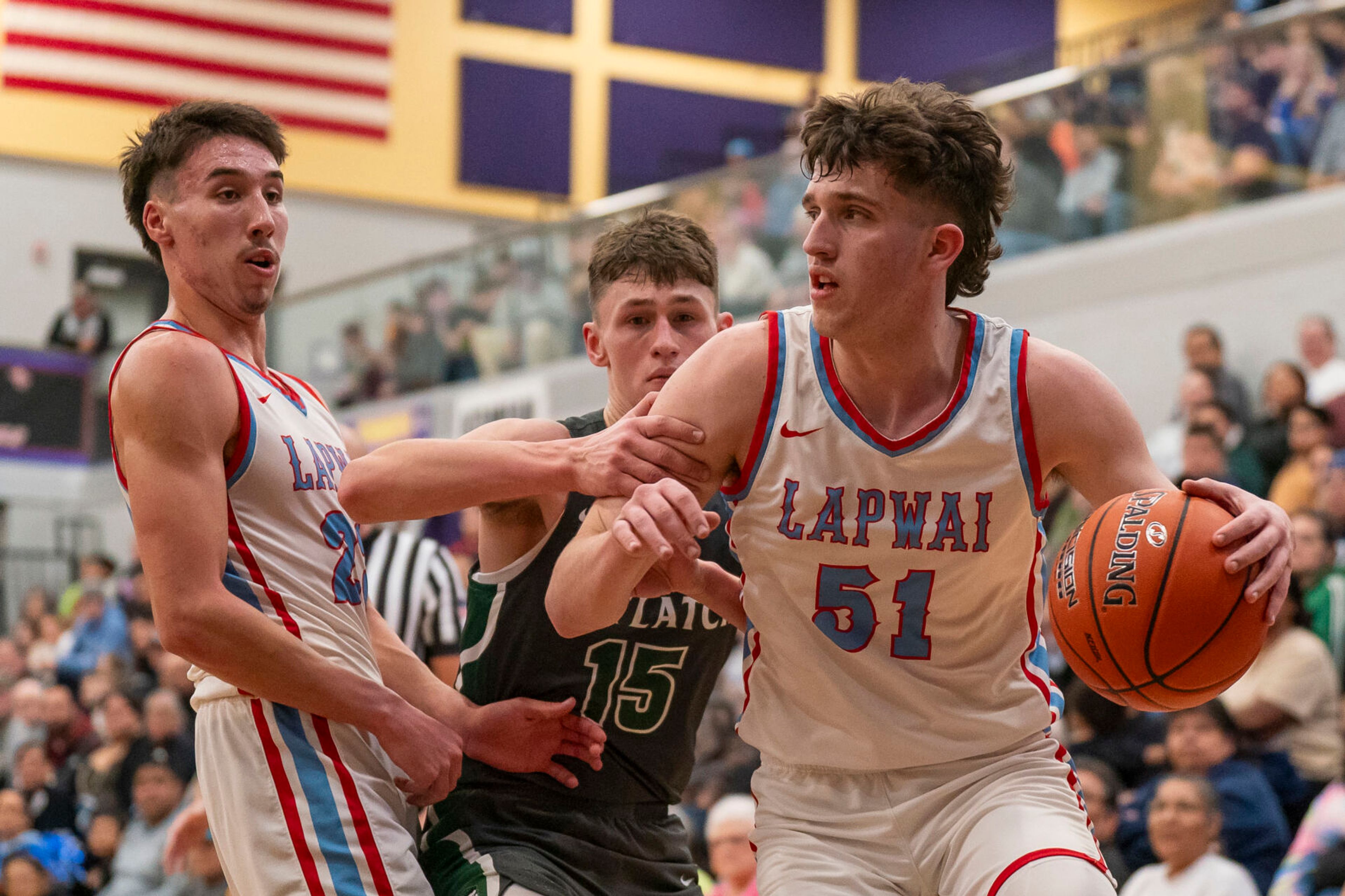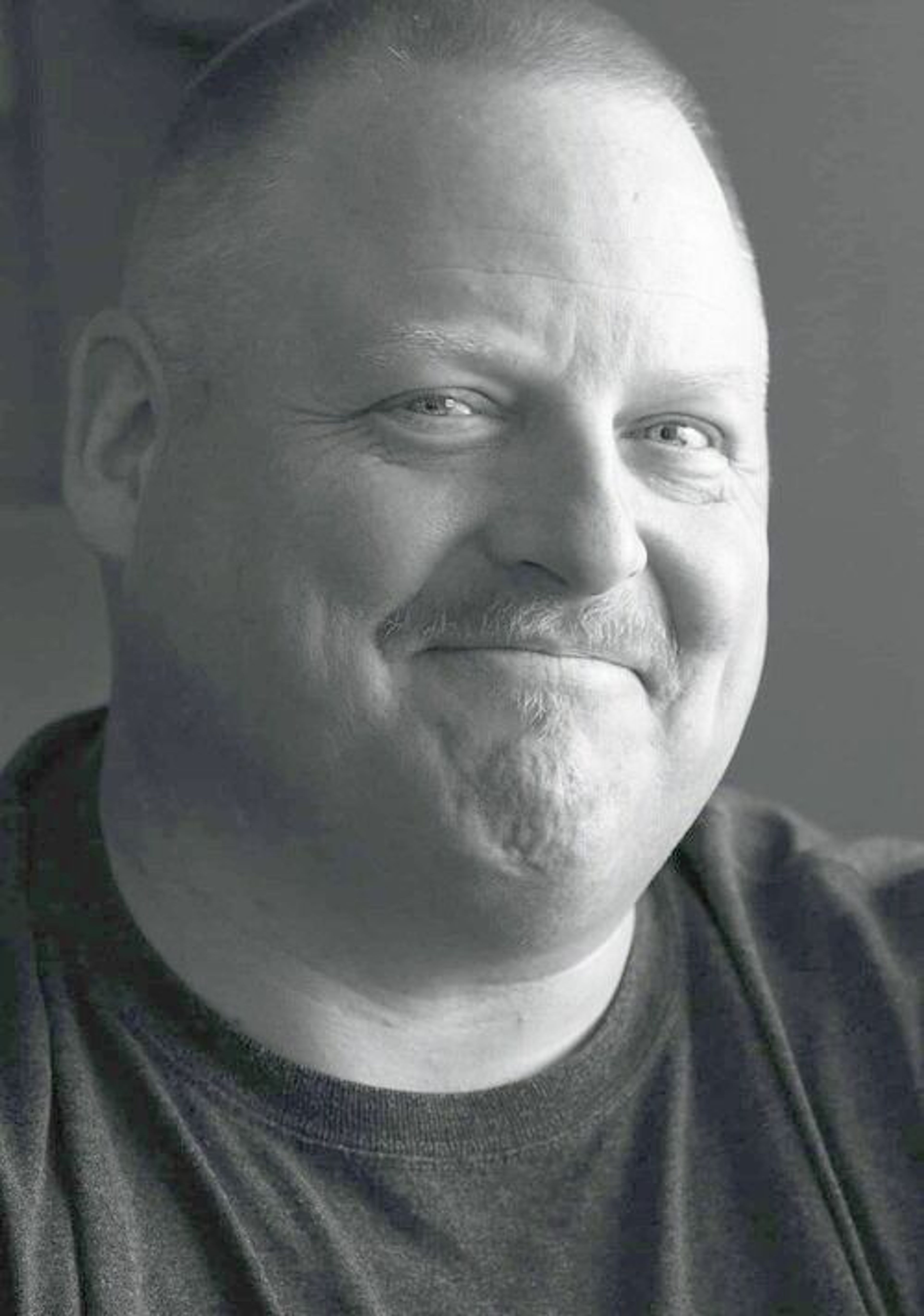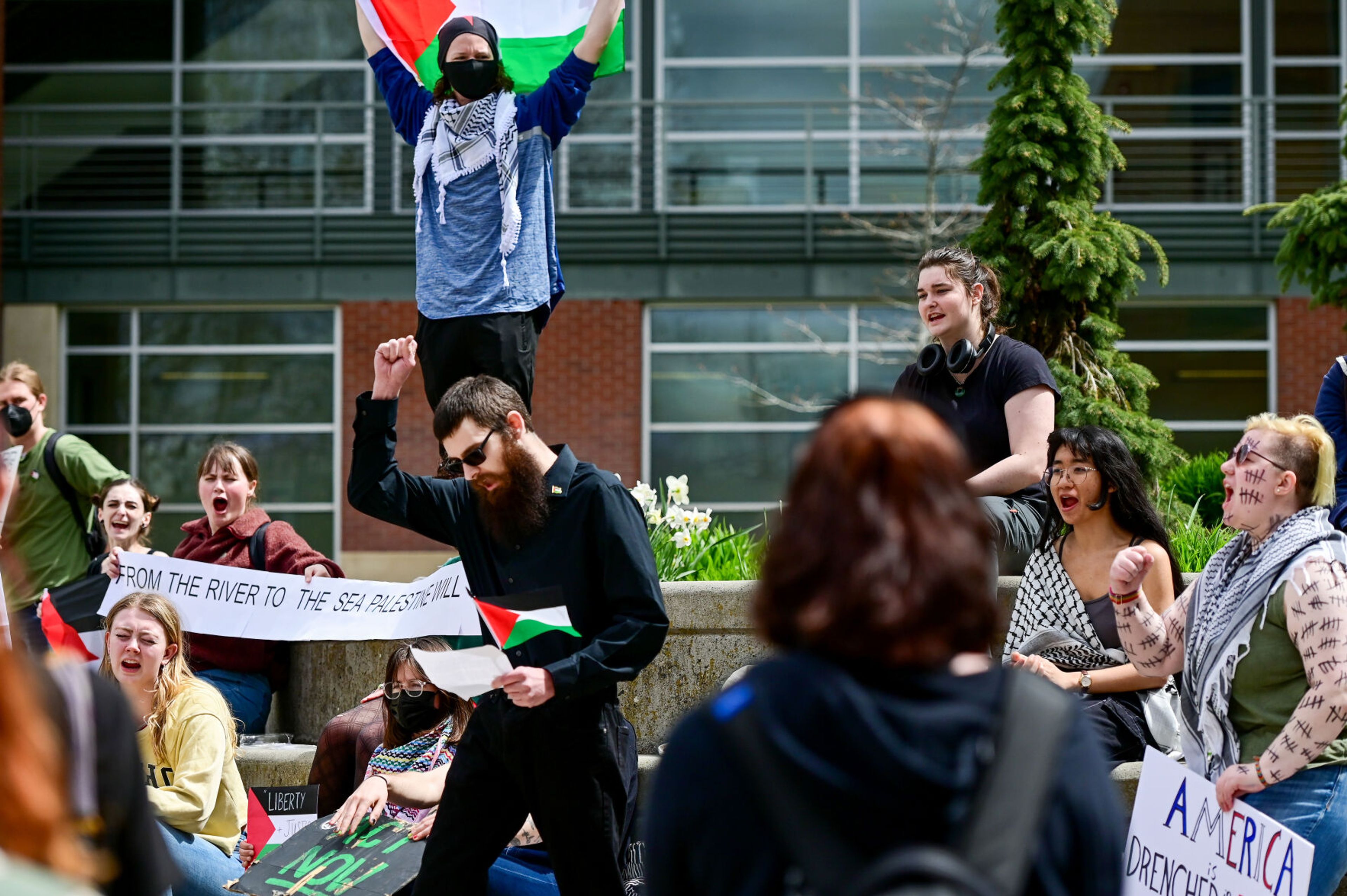Race and culture discussed at MLK Jr. breakfast in Moscow
Portland State University professor encourages diversity acceptance
Making connections with others can be one of the most effective ways to curb racism and prejudice, according to the guest speaker at the Martin Luther King Jr. Human Rights Breakfast on Saturday at Moscow Middle School.
Shirley Jackson, a professor and chair of black studies at Portland State University, was invited to speak about the importance of diversity at the event organized by the Latah County Human Rights Task Force.
As someone who has lived in 10 states, Jackson said she has experienced the different ways Americans discuss diversity.
“It is the difference in the way we see, learn about and do race, and talk about matters of diversity in various regions of the country that I find intriguing,” she said. “However, central to diversity is the idea that we should all embrace not only the notion of diversity but the tact of diversity.”
She called on people, particularly the students in the audience, to teach each other how to be more sensitive to the struggles of others. Jackson recalled when the black student union of an Oregon middle school visited the Portland State University Black Student Union and spoke about the ways they deal with someone who uses derogatory words.
She said the students believed simply telling a teacher or principal about an incident was not going to solve the problem.
“Instead they work peer to peer to address the issue by explaining to the offender how words like the n-word ... can be hurtful,” she said.
She urged local students to have thoughtful discussions about race and diversity and to hold each other accountable when they do not act, speak or dress in ways that are not culturally appropriate.
“Perhaps the students here today will stand up and keep their peers in check when they are going off track, engaging in inappropriate attire, speech and behavior,” she said.
Part of the reason why people may continue to act inappropriately is that standard education is not conducive to a population of people becoming more and more diverse. Much of black history is still ignored in schools and white flight in neighborhoods is leading to schools becoming more segregated across the country.
Jackson also said people are too afraid to listen to opinions different from their own, or to take the time to learn about other cultures.
“We cannot remain in our separate boxes all the time throughout all our lives,” she said. “Instead of building walls along borders, we need to be crossing them and learning what it is like on the other side.”
It is important to accept diversity of opinion, even if someone else’s opinion seems silly or wrongheaded, she said. Too often, people in the U.S., including on college campuses, are ostracized for expressing their ideas.
“Bullying people instead of conversing with them seems to be where we’re headed as a nation,” she said.
After the speech, the audience in the Moscow Middle School cafeteria was encouraged to pick up a sign that said, “It’s OK to be inclusive,” a response to the “It’s OK to be white” signs that have been found at universities across the country, including Washington State University. As is tradition, the event ended with the audience holding hands and singing the iconic gospel song “We Shall Overcome.”
Anthony Kuipers can be reached at (208) 883-4640, or by email to akuipers@dnews.com.
Three people were awarded the Rosa Parks Human Rights Achievement Award at the Martin Luther King Jr. breakfast:
- Ari Carter, a Moscow High School senior, was awarded the Rosa Parks Human Rights Achievement Award for high school students for participating in numerous community and school causes, organizations and events, including the state’s Model United Nations Conference, the high school’s Human Rights and International Club, participation in Family Promise of the Palouse, the Latah County Human Rights Task Force, Moscow Human Rights Commission, the Women’s March on the Palouse and the March for Our Lives Against Gun Violence.
- Monica Ontiveros, a third-year law student at the University of Idaho, was given the award for college students for her work helping the law school’s immigrant clients. In one case, she volunteered to keep a 13-year-old boy from being deported after he fled to the U.S. and was abandoned by his mother. Ontiveros did the same for another immigrant teen who was abused by her father and later abandoned by her parents.
- Ken Faunce, a Washington State University professor and chair of the Moscow Human Rights Commission, won the community award for his work in teaching civil rights and being a civil rights activist in Idaho.


